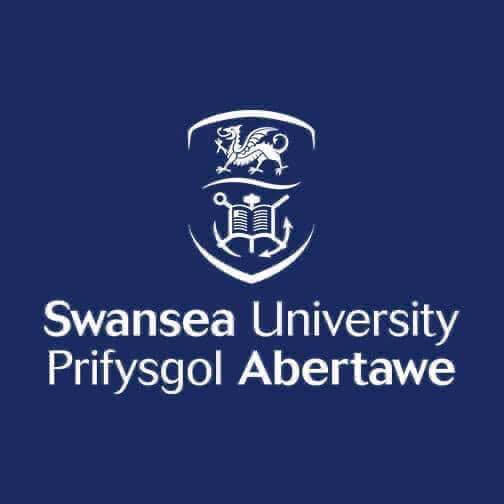fees waived
Civil Engineering, MEng (Hons)
Swansea University, United Kingdom
Ranking in UK
Engineering: General
General Engineering
General Engineering
Costs
food & rent S$17k / year
Entry requirements
Scholarships
Limited quantity
Limited quantity
Limited quantity
Information
Code
Code
Intakes
Website (External)
Programmes
Information
Duration
2030
Civil engineers are essential in fostering a sustainable, inclusive, and safe environment, addressing challenges like the climate emergency through the design, construction, and maintenance of infrastructure such as buildings, bridges, transport systems, energy facilities, coastal defences, and water management. They also safeguard the natural environment. If you aspire to an impactful career shaping future generations, this degree offers a balanced curriculum blending engineering science principles with real-world applications, emphasizing industry collaboration to ensure graduates achieve top employability rates in the UK.The programme features state-of-the-art laboratories and software, starting with foundational topics in Year 1, including mechanics and surveying. Years 2 and 3 introduce advanced subjects like structural analysis, coastal engineering, and project management, culminating in group and individual projects. In Year 4, students tackle sophisticated engineering and professional practice, working on real-life projects with industry partners. All programmes are accredited by the Joint Board of Moderators, leading to careers with leading firms in design, contracting, and government.
Typical topics of study in each year of our MEng programmes are listed below: Year 1 • Engineering Mathematics • Engineering Mechanics • Civil Engineering Materials • Fluid Mechanics • Surveying • Engineering for People – Hackathon Design Challenge • Conceptual Design and Analysis Practice Year 2 • Structural Mechanics • Dynamics • Soil Mechanics • Geology • Transportation • Computing • Civil Engineering Management • Civil Engineering Design and Practice Year 3 • Coastal Processes and Engineering • Structural Mechanics • Geomechanics • Hydrology • Computer Simulation in Civil Engineering Analysis • Engineering of Foundation • Individual Research Project • Superstructure Design • Civil Engineering Design Practice and Management Year 4 • Costal Engineering • Flood Risk Management • Advanced Structural Analysis and Design • Advanced Computer Simulation Techniques • Computer Simulation in Structural and Geotechnical Engineering • Transportation • Earthquake Analysis of Structures • Strategic Management in Civil Engineering • Design and Analysis of Temporary Works • Group Design Project
A local representative of Swansea University in Singapore is available online to assist you with enquiries about this course.

